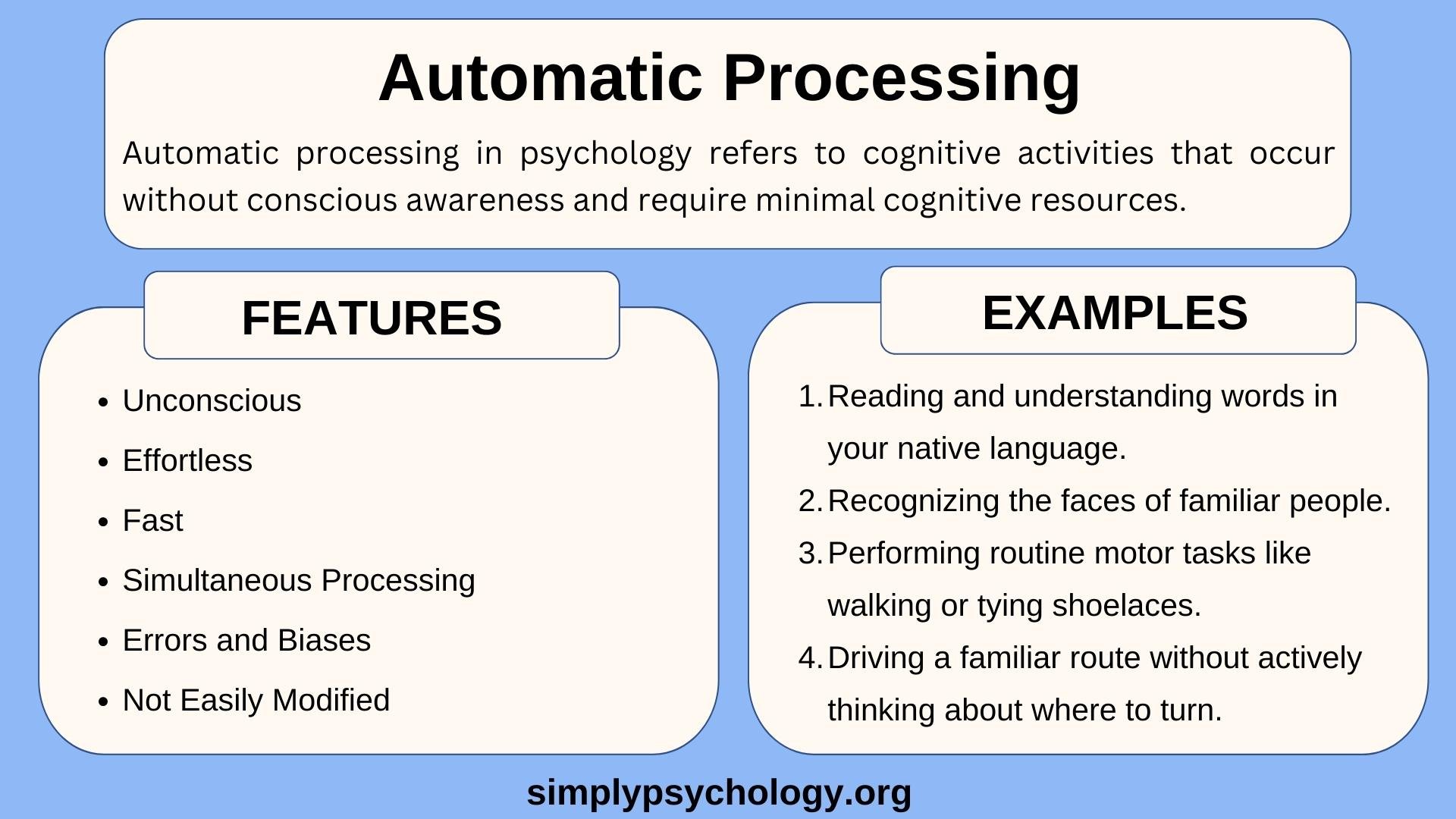Cognitive Approach In Psychology
The cognitive approach in psychology studies mental processes—such as how we perceive, think, remember, learn, make decisions, and solve problems. Cognitive psychologists see the mind as an information processor, similar to a computer, examining how we take in information, store it, and use it to guide our behavior.| Simply Psychology



